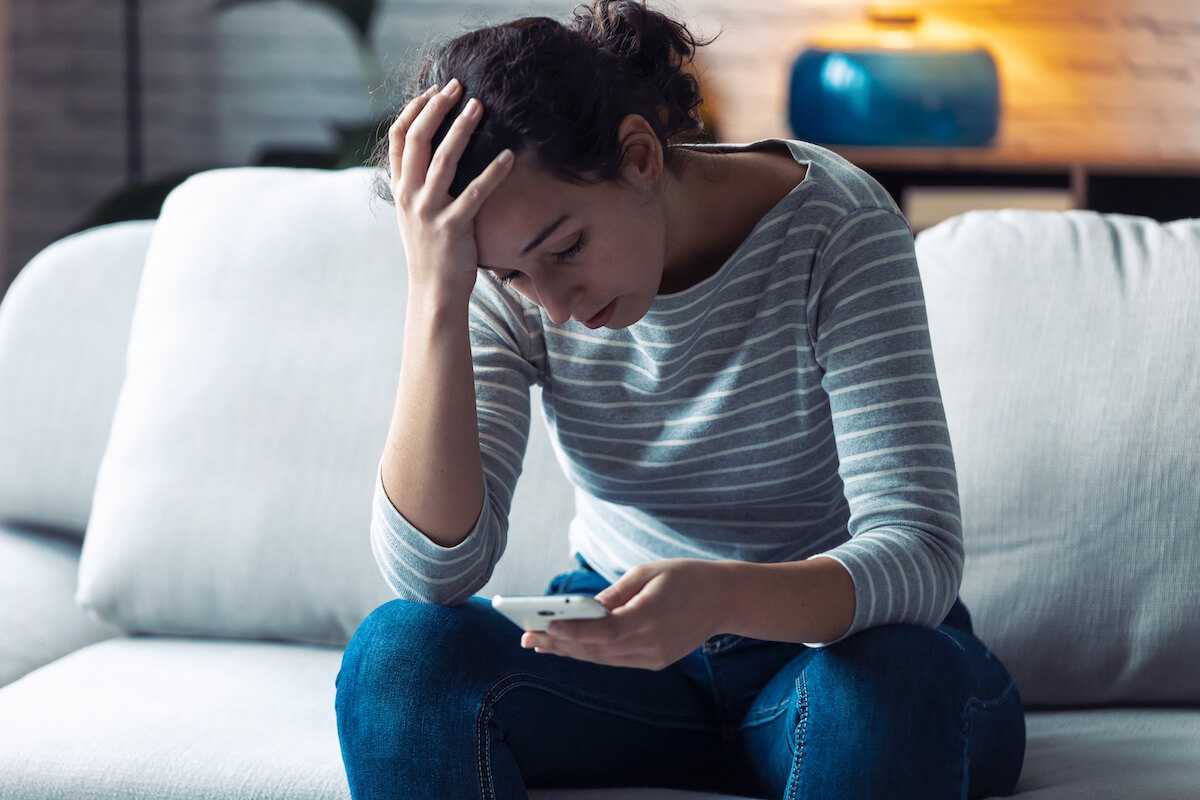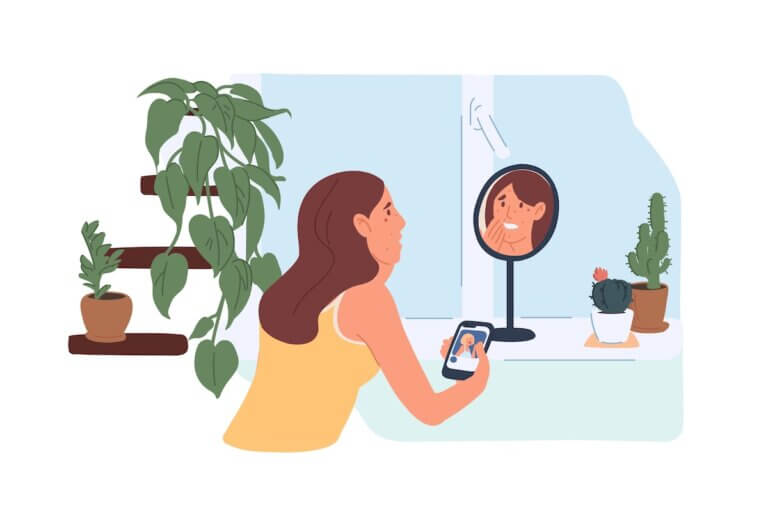As the pandemic continues to result in widespread closures across North America and other parts of the world, many (read: most) people are feeling fatigued by the seemingly never-ending saga and it’s impacting their mental health.
Mental health concerns have skyrocketed since the onset of COVID-19 in 2020, and unfortunately, supportive resources are often difficult to access, unaffordable or simply non-existent.
Although it can be tempting to abandon all hope and succumb to the negative feelings that have become so pervasive in our society, there are ways to feel better and work towards a more positive state of mind. Even feeling 1% better can make all the difference in the grand scheme of your life — never underestimate the power of taking small steps each day.
How to Cope With Mental Health Challenges During the Pandemic
Vera Cheng, a licensed social worker and therapist based in Toronto, offers her suggestions for coping with mental health challenges in the midst of the pandemic:
1. Acknowledge Your Feelings

Cheng notes that the first step towards better mental health during the pandemic involves acknowledging and accepting the way you feel right now. Although you may feel the pressure to put on a brave face for friends, colleagues or loved ones, this will only amplify any negative feelings you may be harboring.
“We may feel forced to present ourselves as ‘happy,’ but it’s important to be realistic with ourselves about how we are feeling by recognizing that some anxiety and fear is normal,” Cheng says.
2. Avoid Catastrophizing

Next, Cheng recommends moving away from “what if” thoughts to ease anxiety. We can’t always control what’s happening around us — especially not during a worldwide pandemic —and entertaining fearful situations in our minds will ultimately do more damage to our mental health than good.
“Avoid thinking ‘what if.’ We tend to think about the worst scenarios in different situations, which is called catastrophizing,” she says. “Remind yourself of who your support networks are: friends, family, colleagues and your therapist if you work with one. These are the people who care about you and your mental well-being. Remember that you aren’t alone feeling this way.”
3. Set Firm Boundaries

If you feel like you’re reaching a breaking point with your mental health during the pandemic, don’t be afraid to put yourself first. It can be tempting to give into peer pressure but protecting your energy should ultimately be your top priority, says Cheng.
“Set boundaries and say no. Know yourself and your limits when it comes to gathering, connecting and participating in traditions. Make sure to take time to yourself as well,” Cheng notes.
4. Prioritize Physical Health
Related Articles

Mental health and physical health aren’t two separate subjects: in reality, the two intersect and influence one another in a continuous feedback loop. Given the strong relationship between mental and physical wellness, Cheng recommends keeping healthy habits top to improve mental well-being.
This could mean getting better sleep, cutting back on alcohol and drug use, and staying active by walking regularly or doing some at-home yoga. She also suggests avoiding conversations about body weight if that’s a triggering topic for you and veering away from negative messages on social media.
5. Practice Gratitude

Although it may sound cheesy, practicing gratitude can make a big difference in your overall mood and outlook. Try making a gratitude list in your journal or on your phone each morning, and notice how it has a positive ripple effect throughout the rest of your day.
“Make gratitude a regular part of your day and make it a habit to think of three things you are thankful for each day,” Cheng says.
6. Indulge in Relaxing Rituals

While self care isn’t all about face masks and bubble baths, there’s no reason why you can’t keep a few relaxing rituals up your sleeve to help boost your mood when you’re feeling low. Cheng recommends finding a hobby you love to relieve stress and increase enjoyment.
“Take advantage of the extra time at home to engage in relaxing activities such as yoga, meditation, reading and listening to music,” she says.
7. Talk to a Therapist

Finally, if you’re still struggling to cope with feelings of stress, anxiety or depression, Cheng recommends reaching out to a medical professional for additional support.
“Speaking to a doctor or therapist can help you process your difficult feelings,” she says.
For more tips, visit Cheng’s recent blog post on prioritizing mental health during the pandemic.







